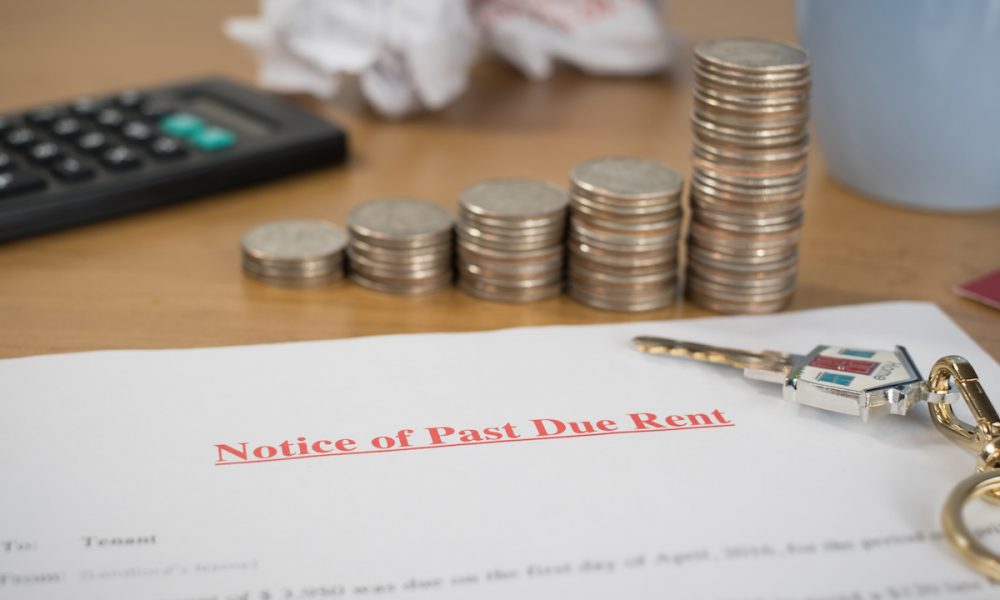
Have you ever been evicted and wondered, “what kind of lasting effect will this have on my record?” No one ever expects to be evicted, but if it ever happens to you, it is important to have the necessary information to protect yourself. Doing so can make the difference between having a roof over your head or finding yourself in a situation you would never expect to be. In this article, we will go over possible reasons for being evicted, how damaging the eviction process can be, and what to do if you’ve been evicted. We’ve gone over your rights and compiled everything you need to know in this article.
Why Am I Being Evicted?
This is probably the first thing you should ask yourself following an eviction. Both landlords and tenants have rights and responsibilities. (You can read more about your rights as a tenant here.) As a tenant, the most likely reasons you have been evicted are:
- You damaged the apartment.
- You failed to pay the rent when it was due.
- You broke at least one of the terms and conditions of the lease
- You refused to leave your apartment after the lease expired.
Okay, so now you know the why, but how bad is it? A good thing to note is that there are two types of evictions: treatable and untreatable. Treatable notices identify reasons why the landlord thinks you broke the lease agreement and go on to explain how you can fix it. If you remediate the problem, the eviction will be repealed. Untreatable notices have no remediation and state that you vacate the premises by a certain date.
How Long Does an Eviction Last?
If the landlord follows the proper procedures for an eviction, it can stay on your record and affect your housing situation longer than the immediate future. An eviction stays on your record for about seven years in the state of Florida. The proper procedure the landlord must follow for this includes going to court and filing official eviction papers. If you have been served with eviction papers, in some cases it is best to take action. Speak to an attorney with experience in evictions to see if fighting it in court is the best option.
An eviction is reflected on your credit report and can hinder your ability for housing and lines of credit in the future. Steps you can take to remove a civil judgment for eviction from your credit report:
- Gather information and documentation: If you went to court and won your case, gather any evidence proving this true. If you’ve reached an agreement with your landlord and the eviction was dismissed, get any evidence for proving this. In either case, any information showing a court expunging the eviction or a landlord dismissing the case should be shown to the credit bureaus.
- Examine your credit report for any other inaccuracies: Since you are already working on removing an eviction from your credit report, now is a good time to look for any other factors that might be affecting it. Any incorrect information, dates, amounts and paid debts can also be disputed.
- Send disputes to credit bureaus: For each credit bureau involved, you will need to send separate credit disputes with documentation.
- Monitor and Follow up: Removing negative items from your credit report and be tedious and time-consuming. Maintain communication with the credit report and check back in you do not hear from them within 30 days.
Before making any decisions, it is best to seek professional counsel regarding any issues to ensure you are protected. If you feel that you are being wrongfully evicted, speak with an attorney to see what your best course of action is. We at Arvanitakis Law specialize in matters of eviction and foreclosure. For more information, contact Arvanitakis Law today to seek counsel from our attorneys.